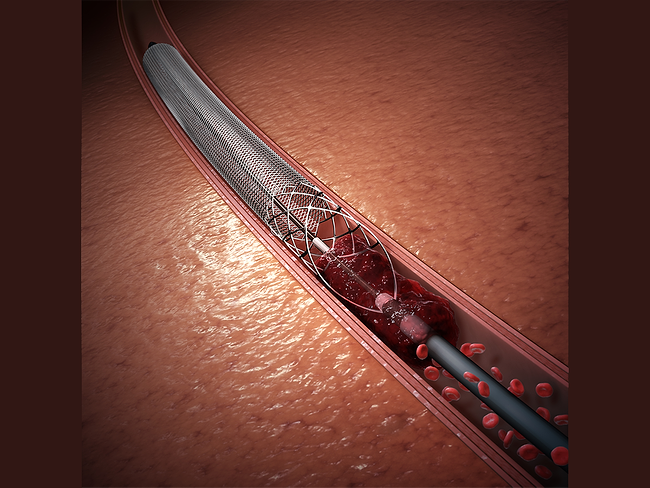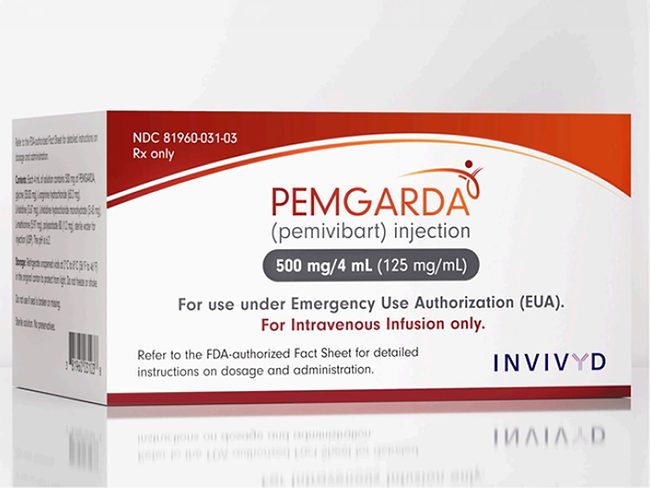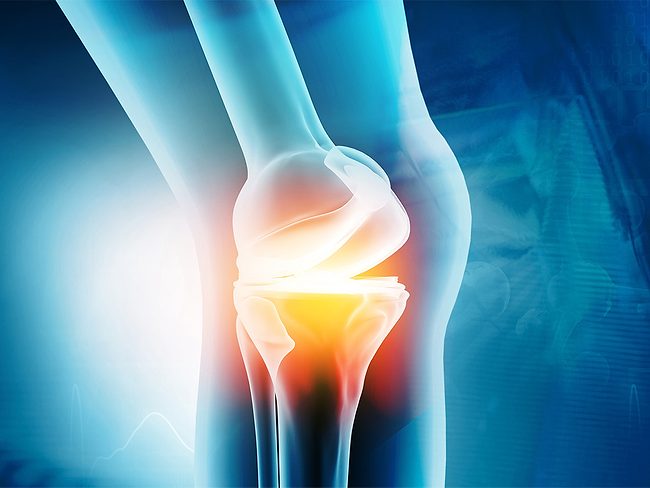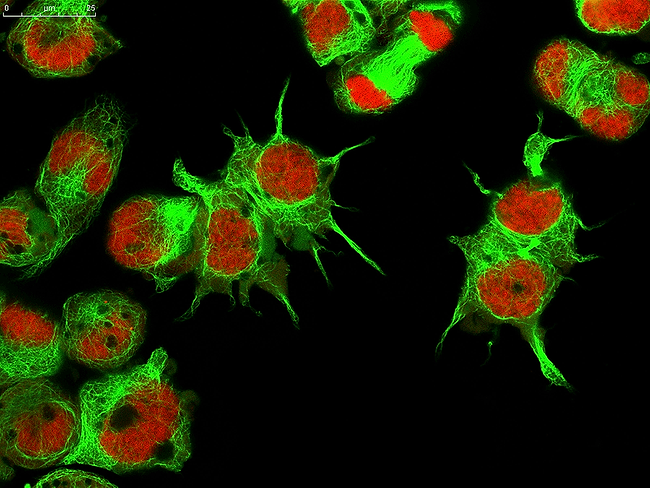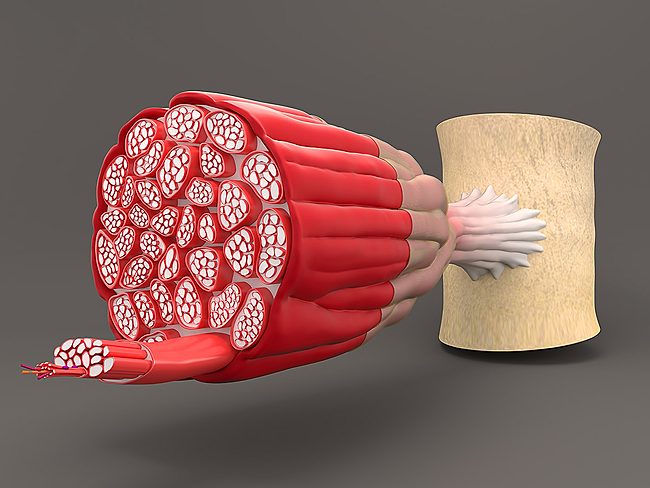
FDA
Product liability and medical devices
POC 3D printing offers no liability protection for device makers
Read MoreProduct liability and medical devices
AI presents potential for new theories of medical product liability
Read MoreBiopharma clinical updates July 2024
